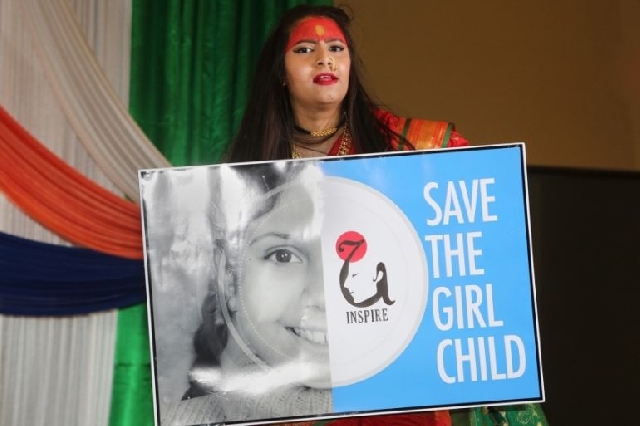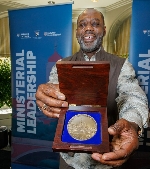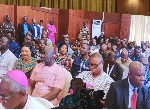Female infanticide on the rise in India
 Save the girl child
Save the girl child
Children, whether male or female, are often regarded as blessings from God and bundles of joy.
However, in some parts of the world, such as rural Bihar in India, the value of a child is determined largely by gender.
Boys are seen as divine gifts, while girls are viewed as burdens and liabilities — a perception rooted in the dowry system, where a woman’s family must pay a large sum or gifts to the groom’s family upon marriage.
In such communities, the future of a child is often decided at birth.
If it is a boy, he is welcomed and allowed to live. But if it is a girl, her life may be tragically cut short. To uncover the truth behind this grim reality, BBC reporter Amitabh Parashar spent over 30 years investigating the practice of female infanticide in India. One midwife he interviewed confessed:
“I fed them salt and killed them.
Then I’d take them to the forest to bury them in the evening.”
According to Parashar’s report, many midwives were instructed by parents to kill baby girls at birth, not because they lacked the means to raise them, but because of the crushing financial burden of dowry payments. One midwife recounted:
“The family would lock the room and stand behind us with sticks, saying, ‘We’ll give you 50 rupees. We have four or five daughters already, and this will ruin us.
Once we pay dowries for them, we’ll starve to death. Just kill her.’
They would give us three spoons of salt to push into her mouth and cover it until the baby died.”
In some cases, midwives were forced by parents to use salt, ropes, or even urea fertiliser to kill the infants.
Those who refused were threatened with violence. Sometimes, families would abandon unwanted baby girls in nearby bushes, where most died before being found.
On average, many of these midwives admitted to having killed at least four babies during their years of service.
The regions with the highest incidence of infanticide included the Brahmin, Rajput, Bhumihar, and Vaishya-Baniya communities. Fear and threats prevented midwives from reporting these crimes to the police.
“We were constantly watched,” one said.
“If we tried to speak out, our families would be killed.”
In recent years, however, several Non-Governmental Organisations have stepped in to fight this inhumane practice. One such advocate, Anila, has worked tirelessly to train midwives and educate them about the sanctity of life.
Through her initiatives, many baby girls have been saved from death, cared for, and later adopted into loving homes.
Although the world continues to evolve, heartbreaking practices like these still persist in some regions. Yet, with continued awareness, education, and advocacy, there is hope that one day, no child’s worth will be determined by gender.
Trending News

Minister calls for review of military enlistment age limit
09:04
Togbe Afede XIV calls for renewed commitment to fight against corruption
09:41
Matthew Opoku Prempeh returns to Harvard as faculty for Ministerial Leadership Programme
19:23
Galamsey: Akonta Mining trial begins Monday Oct. 6
14:34
Ghana secures ¥3 billion JICA grant for Kumasi inner ring road upgrade
18:15
E/R: Engage Now Africa holds stakeholder consultation forum on modern slavery in Suhum
03:42
NPA CEO outlines bold strategic vision to drive regulatory efficiency and national energy transformation
07:58
Savelegu SHS teacher wins Ghana's Most Outstanding Teacher Award 2025
09:31
Asiedu Nketia urges Michael Okyere Baafi to keep resignation pledge after NDC’s Akwatia victory
20:10
“We will smoke you out”-NAIMOs boss warns illegal 'powerful'miners
14:15



